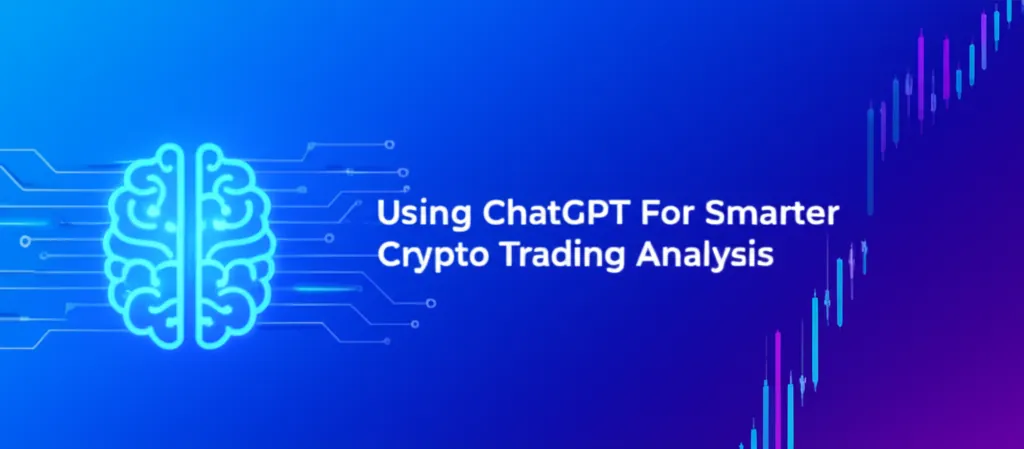AI Passes Nuclear Medicine Exams A New Study Tool
AI Takes on Medical Board Exams
The rise of generative artificial intelligence, particularly large language models (LLMs) like OpenAI's ChatGPT, is rapidly transforming various professional fields. One of the most promising and scrutinized areas is medical education. Could an AI serve as a reliable study partner for doctors preparing for their specialization exams? A recent study sought to answer this question by testing the advanced ChatGPT 4.0 model against a series of board preparation questions for nuclear medicine, a highly specialized field of radiology.
Putting ChatGPT 4 to the Test
To evaluate the AI's capabilities, researchers selected a comprehensive set of 115 text-based, multiple-choice questions from a standardized board preparation resource. These questions spanned 12 different chapters covering the core curriculum of nuclear medicine. It is important to note that any questions requiring image interpretation were excluded, as the version of ChatGPT tested was limited to text-only inputs. The model's answers were then rigorously compared against the official answer key to determine its accuracy both overall and on a chapter-by-chapter basis.
The Verdict An Impressive but Imperfect Scorecard
Across the 115 questions, ChatGPT 4.0 achieved a remarkable overall accuracy of 86.95%. This high score suggests that the AI possesses a substantial knowledge base in the field of nuclear medicine and could, in theory, pass the certification exam. This performance highlights the potential for LLMs to become powerful supplementary tools for residents and fellows studying for their boards.
A Breakdown of Performance Highs and Lows
While the overall score was high, the model's performance was not uniform across all topics. The analysis revealed significant variability, underscoring both the AI's strengths and weaknesses:
- Perfect Scores: ChatGPT achieved a flawless 100% accuracy in the sections on nuclear cardiology and radiopharmacy, demonstrating a deep mastery of these subjects.
- Weakest Area: The model's lowest score was 75% in pediatric nuclear medicine, indicating a potential gap in its knowledge or reasoning abilities for this specific subspecialty.
- An Interesting Anomaly: Researchers noted that the model's performance in a given chapter did not correlate with the number of questions in that chapter. This suggests that the AI's accuracy is based on the complexity and nature of the content itself, rather than the volume of training data for a specific topic.
The Future of AI in Medical Education
The study's findings are a clear signal that AI tools like ChatGPT could be a valuable addition to the arsenal of educational resources for medical professionals. They can provide instant answers, explain complex topics, and help students test their knowledge. However, the researchers urge caution. The inconsistent performance across different topics and the inherent "black box" nature of the AI's reasoning process mean that it cannot be relied upon without verification. Before these models can be widely integrated into medical curricula, further research is essential to understand their limitations, refine their accuracy, and ensure they are used as a responsible supplement to, not a replacement for, traditional education and clinical training.


